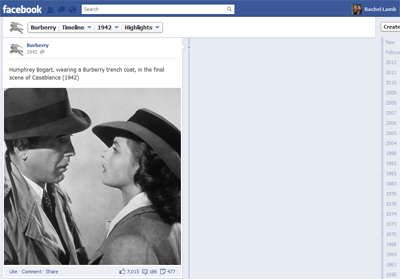Hurley Files Patent Suit Against Old Navy
 Tuesday, August 7, 2012
Tuesday, August 7, 2012 Last Thursday, the famous surf brand, Hurley International, filed a patent infringement lawsuit against Old Navy in federal court claiming that the retailer is ripping off Hurley’s Phantom boardshorts. First launched in 2007, Phantom raised the bar in industry boardshorts for its innovative way of combining a relatively rigid waistband with extremely high stretch material. In 2010 and 2012, Hurley was awarded two patents relating to components of material, construction and stretch and how those elements work together in the Phantom- U.S. Patent Numbers 7,849,518 and 8,214,922.

It is very difficult for apparel to receive patent protection in fashion law. However, sporting gear can lend itself to more patentable features and any respective patents are extremely valuable intellectual property for a company to obtain. Since boardshorts are at the heart of the industry “we believe if we as an industry own theboardshort we have a much better chance of controlling our own destiny,” stated Mark Weber, Hursley's SVP of Marketing and Brand in an interview for Shop Eat Surf. Hurley sees the patent as a huge asset that Hurley can leverage as a point of differentiation from the rest of the retail world.

The cited infringing Old Navy shorts
As a result, this suit should not come as a surprise to the industry. Two of the Old Navy boardshort styles cited in the lawsuit are selling for as low as $12 on the Old Navy website. The complaint stated that "Defendants act of infringement have been without express or implied license by Hurley." We will be sure to keep you updated on the progress of this case. Until then, surfs up!




